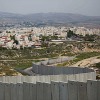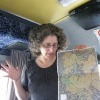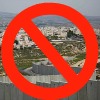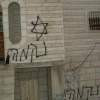The Forward - July 9, 2014
APN's Lara Friedman op-ed: Reports that murder of Palestinian teen may have been committed by
Palestinians defamed Palestinian society
The Forward - July 10, 2014
APN-ATFP joint internship program participants find common ground in Washington
http://forward.com/articles/201759/israeli-and-palestinian-roommates-find-common-grou/?p=all
Haaretz (reprint of Forward story) - July 10, 2014
APN-ATFP joint internship program participants find common ground in Washington
http://www.haaretz.com/news/diplomacy-defense/1.604311
LA Jewish Journal - July 9, 2014
APN intern Hamze Awawdeh's article: Far from family in West Bank: A very different Ramadan
http://www.jewishjournal.com/opinion/article/far_from_family_in_west_bank_a_very_different_ramadan
Defense News - June 28, 2014
APN: US security aid to the PA is in Israel's national security interest
http://www.defensenews.com/article/20140628/DEFREG04/306280020
The Arab Daily News (online, US-based) - July 2, 2014
APN press releases on recent violence reprinted in entirety
http://thearabdailynews.com/2014/07/02/americans-peace-now-denounces-murder-palestinian-israeli-teenagers/
Times of Israel - July 3, 2014
Thousands take part in Peace Now's "Demonstration of Sanity"
http://www.timesofisrael.com/thousands-protest-wave-of-hate-in-tel-aviv/
Washington Jewish Week - July 2, 2014
APN's Ori Nir doesn't expect major Israeli offense against Gaza Strip
http://washingtonjewishweek.com/13558/mourning-questions-follow-israeli-teens-murder/
Ynet - July 3, 2014
Thousands take part in Peace Now's "Demonstration of Sanity" in Tel Aviv
http://www.ynetnews.com/articles/0,7340,L-4537790,00.html
The Forward - July 5, 2014
Conference of Presidents takes steps toward reform; APN has recently demanded such
measures
http://forward.com/articles/201357/presidents-conference-takes-tentative-steps-to-mor/
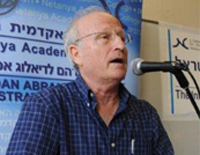
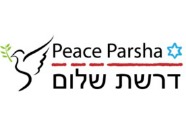 by APN's summer intern Hannah Ehlers
by APN's summer intern Hannah Ehlers
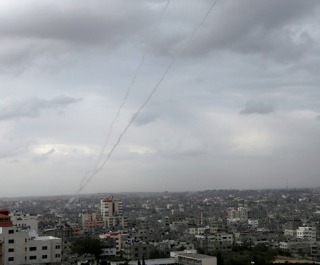 These are difficult and painful times. Fear and violence have overtaken both Israelis and
Palestinians. Rockets from Gaza are threatening Israelis in every corner of the country, sowing terror and
anger; intentional attacks on Israeli civilians by Gaza-based Palestinian terrorists should rightfully be
condemned. Israeli military retaliation, irrespective of its intended targets, is causing destruction, death,
and injury across Gaza, including the deaths (so far) of scores of innocent civilians, among them many children.
These are difficult and painful times. Fear and violence have overtaken both Israelis and
Palestinians. Rockets from Gaza are threatening Israelis in every corner of the country, sowing terror and
anger; intentional attacks on Israeli civilians by Gaza-based Palestinian terrorists should rightfully be
condemned. Israeli military retaliation, irrespective of its intended targets, is causing destruction, death,
and injury across Gaza, including the deaths (so far) of scores of innocent civilians, among them many children.
